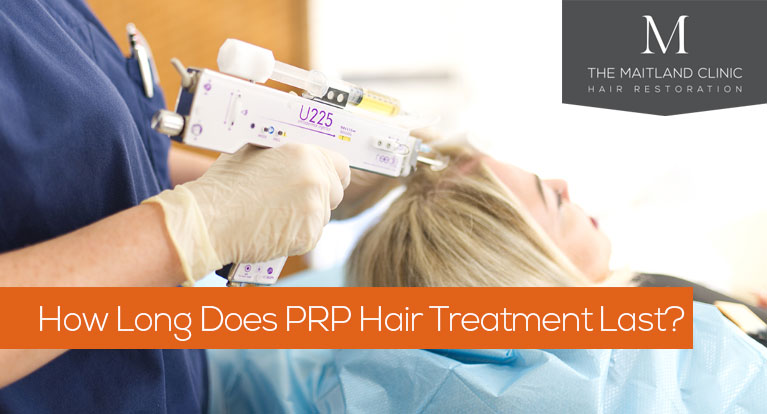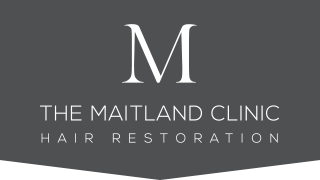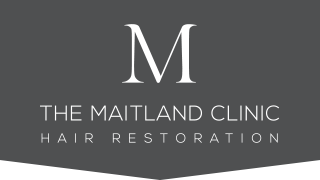How long does PRP hair treatment last?
21st October 2019

PRP (platelet-rich plasma) is a non-surgical hair restoration treatment which involves injecting small amounts of a concentrated solution derived from a sample of your own blood into areas of the scalp affected by hair loss. There is growing evidence that it can produce very good results for some patients, without the need for transplant surgery or pharmaceutical products.
A common question we are asked at The Maitland Clinic is: how long does PRP hair treatment last?
How long does PRP last? In our experience, an initial PRP treatment should usually consist of 3 sessions at 4-6 week intervals. You will then need a single maintenance session, and thereafter further single maintenance PRP sessions every 4 to 6 months.
Is PRP treatment a permanent solution?
However, one thing to bear in mind is that unlike a transplant, platelet rich plasma, aka PRP treatment is not a permanent hair loss solution. Patients who find PRP hair loss treatments successful will need to undergo regular PRP maintenance if they wish to continue the results.
What is PRP treatment for hair loss?
Plasma – the fluid component of your blood – contains three types of blood cells: red blood cells (which carry oxygen); white blood cells (which fight infection); and platelets. Platelets are responsible for repairing and healing wounds: they form scabs and blood clots.
In PRP treatment, a sample of your blood is taken and put into a centrifuge. After about 10 minutes, this ‘spinning machine’ will have separated your blood into three fluids of different densities: red blood cells, platelet-poor plasma, and platelet-rich plasma (PRP).
For male and female pattern hair loss the PRP solution should have about five times the concentration of the normal platelet level, so it is full of the healing platelets that release ‘growth factor’ proteins, which stimulate the growth of specific tissues. The solution is then injected into the areas of the body requiring treatment.
PRP injections are a safe treatment and is already used extensively for joint conditions and facial skin rejuvenation. Now there is evidence that the same technique can stimulate the growth of hair, and so PRP is becoming increasingly popular as a non-surgical treatment for hair loss on the scalp.
PRP hair loss treatment at The Maitland Clinic
PRP hair loss treatments at The Maitland Clinic are carried out by Ms Karen Cobb RN, our in-house PRP specialist. First, she will use a butterfly needle to draw up to 22ml of your blood (a little bit more than a typical blood test with a GP) to be processed in the centrifuge.
The concentration of platelets and other blood components in the PRP sample need to be very carefully controlled and adjusted according to the needs of the patient, so the choice of centrifuge device is critical. At The Maitland Clinic, we use a leading centrifuge device to process the blood sample safely and with a sound scientific basis.
Once we have separated the PRP from your blood sample, Karen uses a state-of-the-art U225 meso injector device to administer the PRP injections. The mesotherapy device administers precise volumes of PRP, at a precise depth under the skin and avoids the need for local anaesthetic injections to the treatment area. Our patients find this technique considerably more comfortable than the traditional manual method with anaesthetic injections.
PRP hair treatment maintenance
We suggest that the treatment be repeated for 3 sessions, at 4-6 week intervals. For PRP maintenance and to maintain the benefits, we recommend repeating a single treatment session every 4-6 months.
The cost of a single PRP treatment session for one area of the scalp (either the frontal half or the crown) starts at £395 and £495 for two zones (entire top of the scalp). This price reflects The Maitland Clinic’s superior levels of patient care, process and equipment, which we believe are critical to achieve the correct effective concentration of platelets and to maximise the chances of success.
Is PRP right for me?
As a form of ‘biotherapy’ – which utilises your own body’s ability to heal – PRP may be preferable for patients suffering hair loss who wish to avoid pharmaceutical treatments or surgical procedures such as FUT or FUE hair transplants.
As a stand-alone therapy PRP may be suitable for men or women who:
- have thinning hair but not enough thinning to be a candidate for hair transplantation;
- cannot tolerate other pharmaceutical treatments such as Propecia (finasteride) or Regaine (minoxidil); or
- wish to use use pharmaceutical and non-pharmaceutical treatments in combination for added benefit.
PRP can also be used as an adjunct to hair transplant surgery. It is possible that PRP enhances the body’s own natural healing after a transplant both in the donor and recipient area. (Note that there is very little research in using PRP this way and most of our evidence is anecdotal.)
We believe PRP works best in areas where there is still a lot of miniaturised hair and is unlikely to work well in areas that are completely bald.
What results can I expect to see?
At The Maitland Clinic, we decided to offer PRP following some promising studies and after reviewing excellent results seen by top physicians in the global hair transplant industry. Since introducing it into our range of treatments we have also seen some very good results ourselves. The patient below shows his results three and a half months after his first PRP session at our clinic.

Before and after photos of PRP

Before and after photos of PRP
See more examples of PRP results for both men and women at The Maitland Clinic here.
However, it is important to be aware that, as a form of hair treatment, PRP is still relatively new.PRP seems to work well for some patients and not for others, and we do not yet know why this is the case. We do not currently know exactly how PRP stimulates hair growth. It is postulated that the growth factors in PRP stimulate new blood vessels and amplify your natural wound healing process, and there are limited laboratory studies and clinical trials supporting this theory – but more research is needed.
We will not recommend PRP treatment to you unless we believe there is a realistic chance of success. It is important to talk to our consultants before you decide on a course of treatment.
At The Maitland Clinic we see hair restoration as a lifelong process. We will of course offer ongoing PRP maintenance treatments every 4-6 months, but more than that, we believe in providing ongoing one-to-one aftercare and we will always be on hand to monitor your progress and support and advise you, whichever form of treatment or surgery you decide to undertake.










